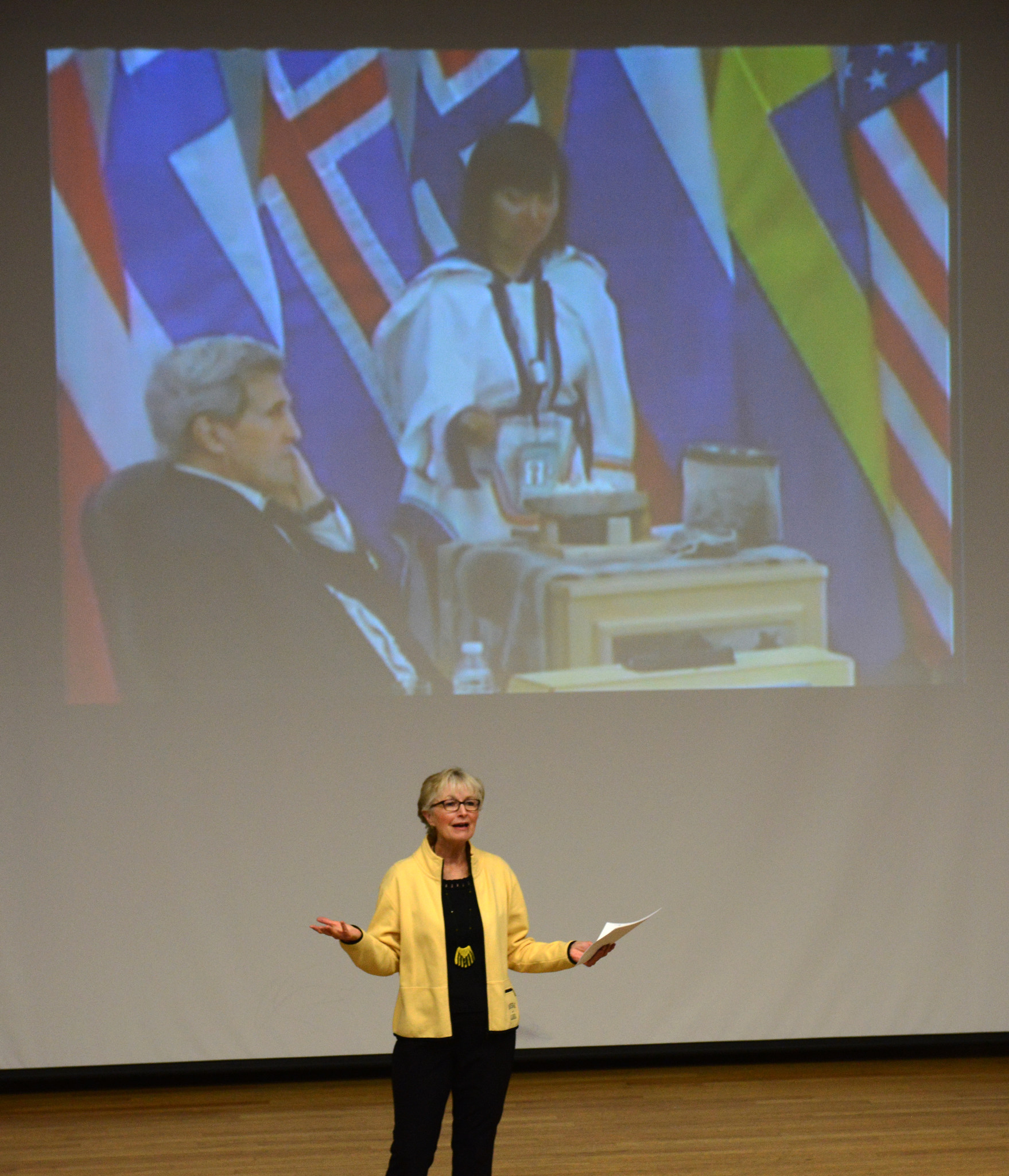After 20 years, the Arctic Council reconsiders the role of observers
Few, by this point, question whether the Arctic Council is the leading forum when it comes discussing regional issues.
Now celebrating its 20th anniversary, the council “has been a success,” says Eirik Sivertsen, a member of the Storting, Norway’s national assembly, and the current head of Council of Parliamentarians of the Arctic Region.
There is a ‘but,’ of course. “But we need to be asking ourselves where we should be heading now.”
This is a process the Arctic Council has already begun. During the recent Senior Arctic Officials meeting, American diplomats made it clear that the council would benefit from changes that would ensure greater consistency between chairmanships and made it possible for observers to contribute more.

Observers themselves have been invited to participate in this process, but CPAR, Sivertsen argues, has both the legitimacy and the clout that make it a voice that should be heeded in those discussions.
“Firstly, our members are all elected representatives,” he says. “We represent the interests of the people who live here. We can make sure their concerns get heard, but we can also make sure they are informed about the work of the council and how it affects them.”
When it comes to CPAR’s clout, the organisation can claim to be one of a handful non-members to be present during the council’s 1996 founding ceremony. Being there earned it an acknowledgment in the founding document as a valued participant in the future of the organisation.
This, according to Sivertsen, is something that CPAR has been doing since 1998, when it was admitted among the first group of eight observers.
The number of observers now stands at 32 (compared with eight full members and six indigenous groups). But with the queue of new applicants now up to 18, much of the discussion about the future of the council has focused on whether there should be a limit to the number of observers. Rather than setting a fixed number, Sivertsen believes applicants should be evaluated based on their ability to contribute.
“We’re supportive of taking in more observers. We support China. We support the EU. But only if they can contribute to the council’s work. They have resources that can help the Arctic Council attain better results. We should use that to our benefit.”
On the other hand, observers that aren’t contributing, should be shown the door. “The Arctic Council isn’t a place to be if you aren’t going to contribute.”
One concern CPAR and its members have is that despite the rising interest in the region, national capitals in Arctic states still don’t have it high enough on their agendas.
To address the matter, the organisation, during its most recent biennial gathering, held in June in Russia, has called for an Arctic summit that would bring together the leaders of the eight Arctic countries as a way to help clarify what role they see the Arctic Council playing.
“Do they want the council to take a leading role in an increasingly globalised region? Are we a platform for making decisions about climate change? We need to know this before we can proceed,” Sivertsen says.
Officially, CPAR’s main areas of interest in the Arctic Council are topics like shipping, education and research, human development and climate change. By addressing these issues, Sivertsen hopes the council can ensure that the Arctic continues to be a place where people can make lives for themselves.
“What it comes down to is giving people the opportunity to create good lives for themselves. If we can do that, then fewer young people will see a need to move away.”
Addressing climate change issues and closing the gap between North and South, he believes, will help, but he sees the biggest potential in developing the Arctic as a distinct region.
“We’re in a hurry to catch up with the South, but at the same time we need to improve our east-west ties. This is something that has been an issue for many, many years, but we still don’t have the connections we need that to give us the foundation for doing business with each other and creating value for the region.”
The North’s strongest economic card, according to Sivertsen, is its natural resources. Whether it is minerals, oil or power from wind or hydro, these are things the rest of the world needs. He makes it clear, though, that lawmakers from the region are on the lookout for firms who don’t plan on leaving things behind.
“To put it frankly, we’re not going to accept colonisation of the North. If you are going to operate here, you need to give back. That starts with paying taxes, but it also involves creating jobs and, ultimately, allowing residents to take part in knowledge-production and economic development.”
In other words, by letting them do more than just observing.